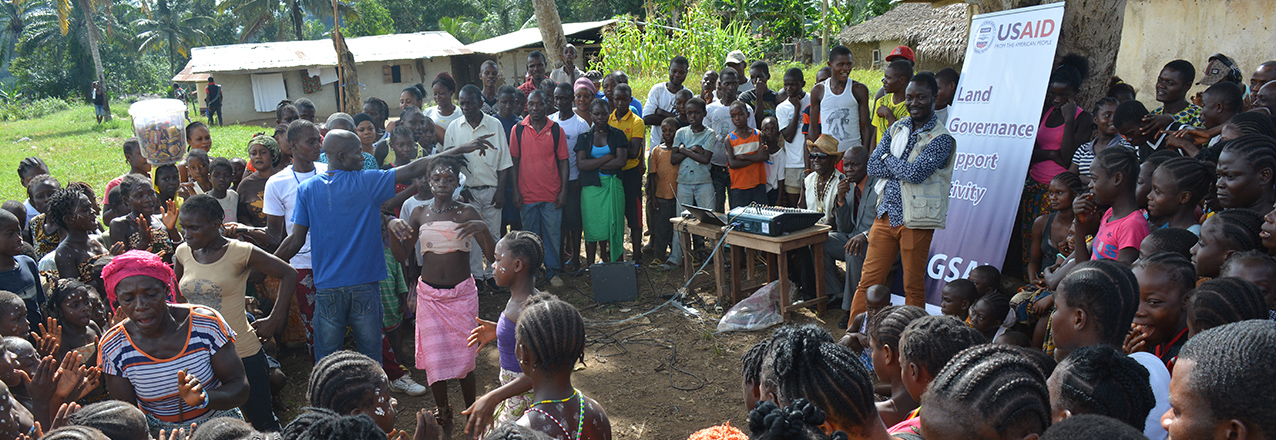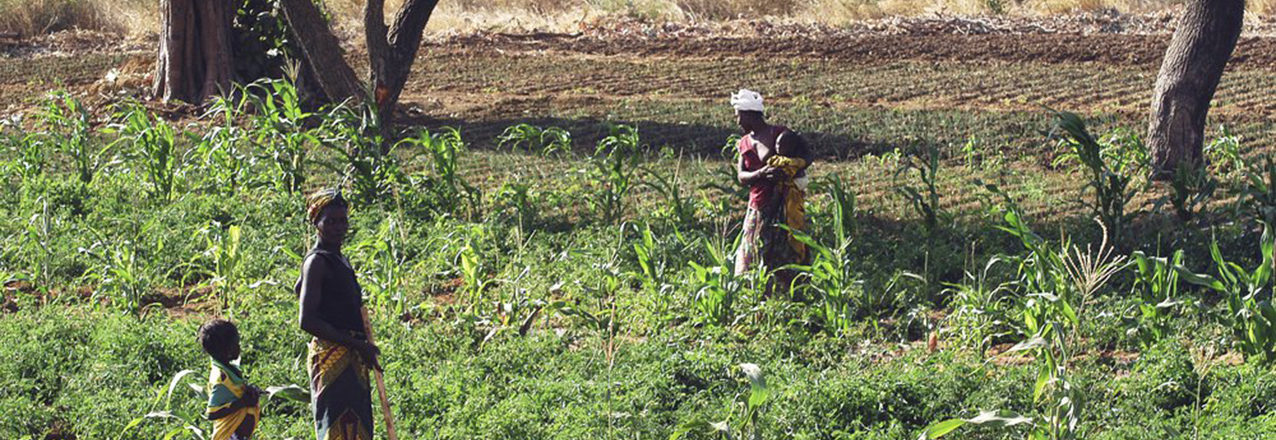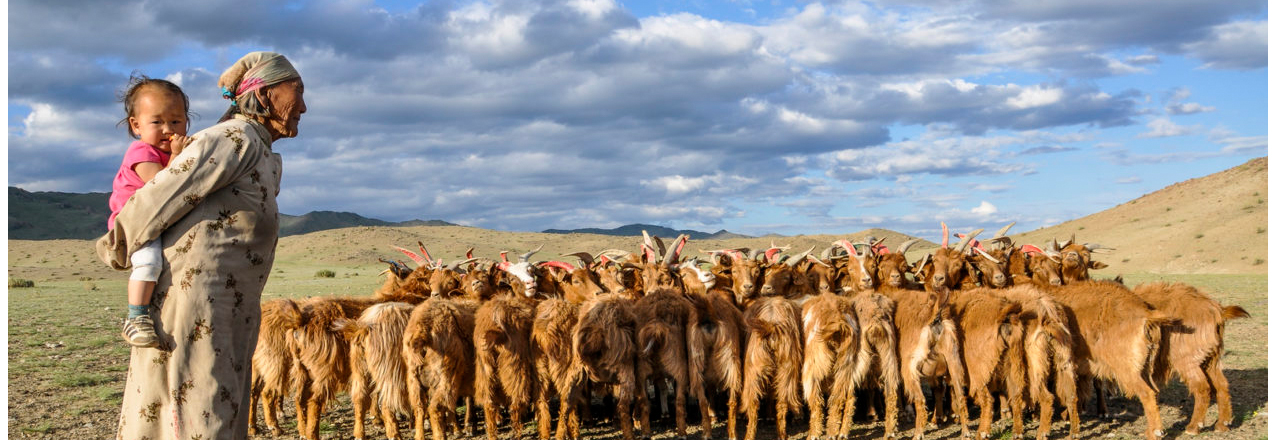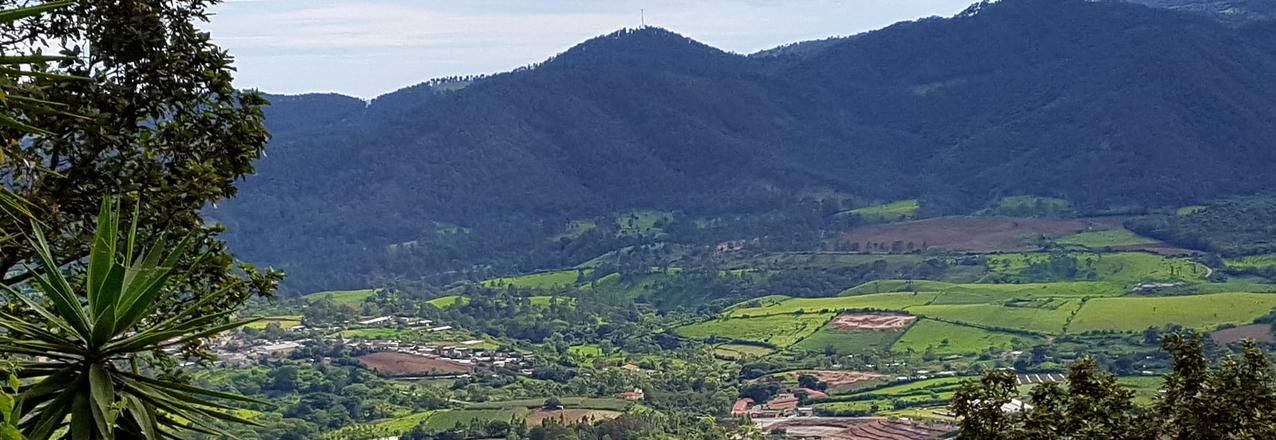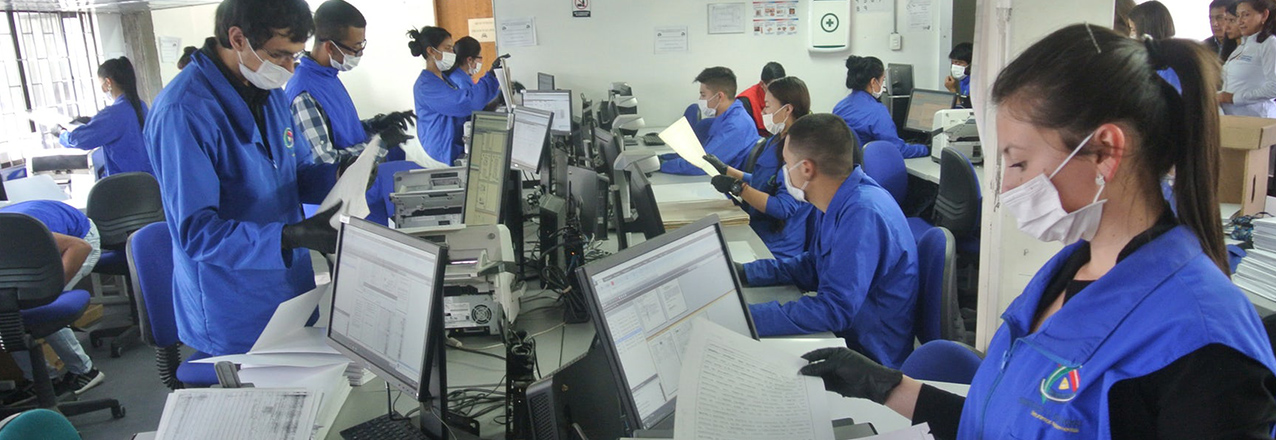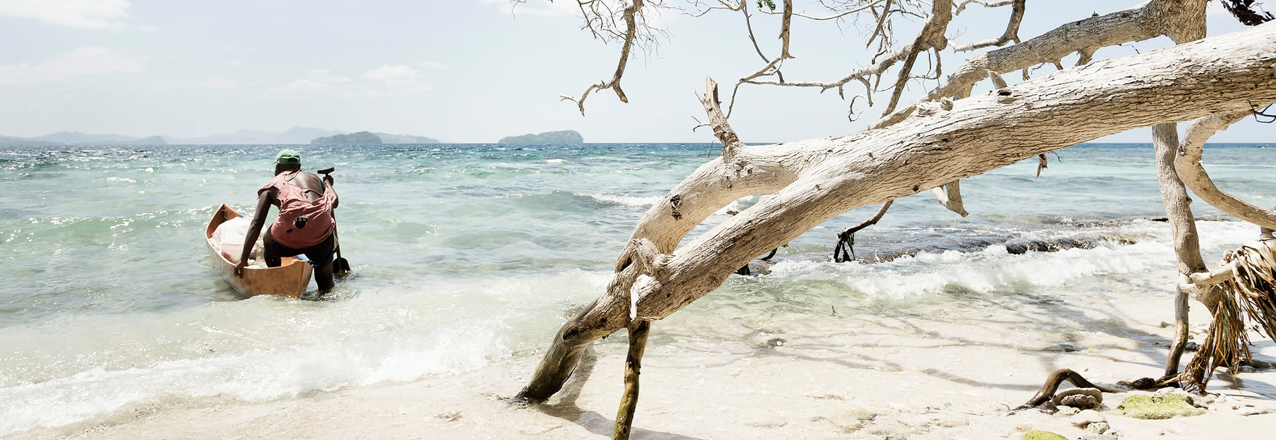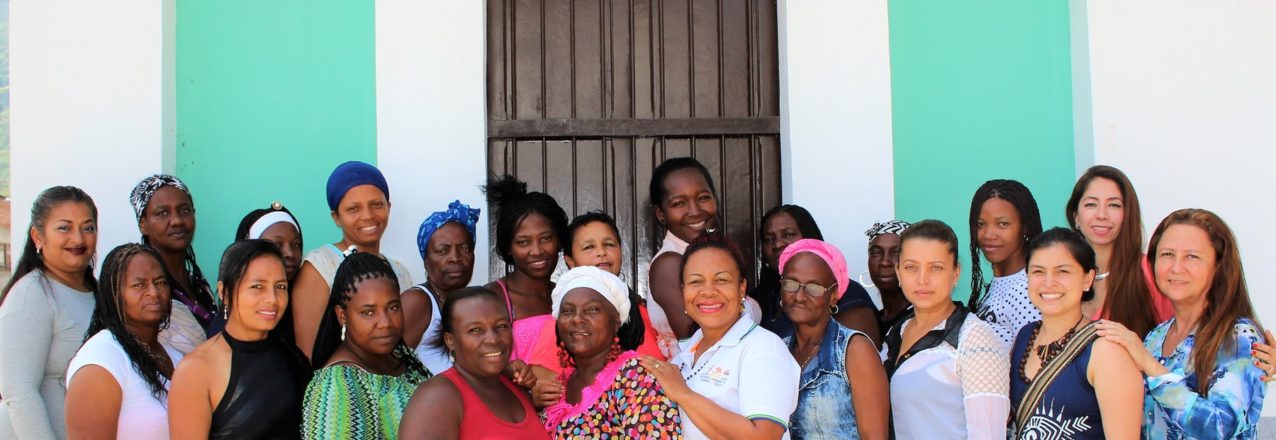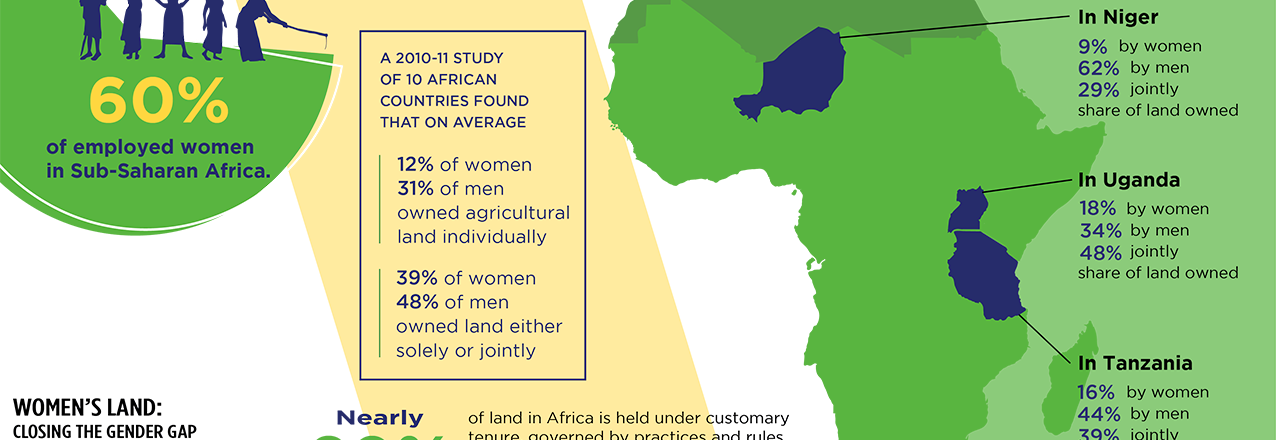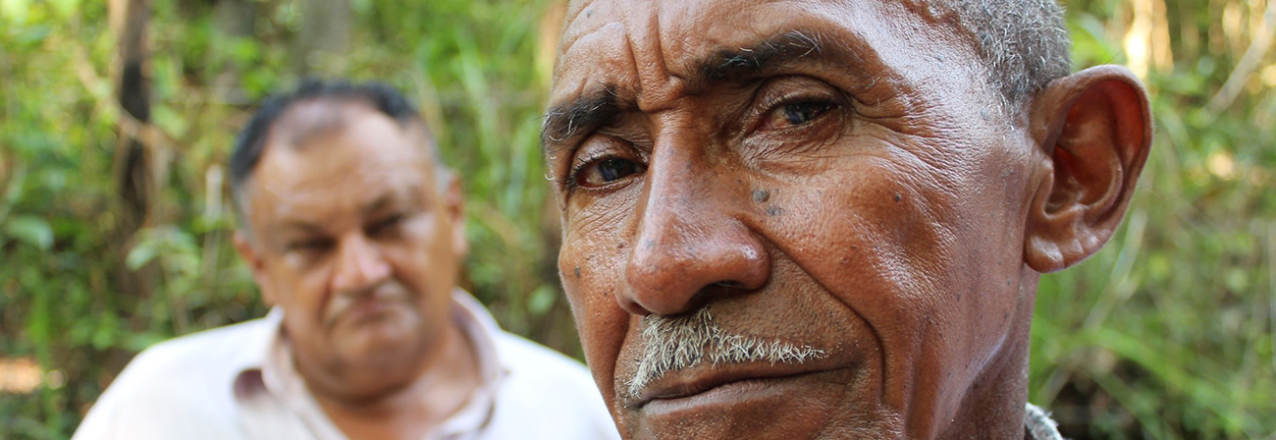Each month, we will feature profiles of Land Champions within USAID to learn about their work on land tenure, property rights, and resource governance. This month’s Land Champion is Kim Kim Yee, who is the Land Team Leader for USAID’s E3/Land and Urban Office. She also manages the Property Rights and Artisanal Diamond Development project.
Tell us about yourself.
I am currently the Land Team Leader in the Land and Urban Office within USAID’s Bureau for Economic Growth, Education, and Environment (E3). I manage an incredibly talented group of land tenure and property rights experts. I also manage the Property Rights and Artisanal Diamond Development (PRADD) project, which focuses on conflict diamonds in Cote d’Ivoire and the Central African Republic. I spend a lot of time working with my land and urban colleagues thinking about how best to integrate land tenure and property rights into USAID activities, as well as coordinating with and learning from other experts in the field.
Why is land important to USAID?
In the US, we take for granted that when you buy or rent a home, your property rights are very clear – the parameters of the contract you enter are well defined and enforceable. With these clear and secure rights, you are more likely to make long-term investments in your property (remodeling, landscaping, etc). In many countries where USAID works, most people’s rights to the land where they live or farm is undocumented and often insecure. This fundamentally impacts their investment choices; evidence shows that when farmers feel secure in their rights to their land, they tend to make choices that are more sustainable, like letting their land lie fallow or choosing less resource intensive but slower growing crops for example. Strengthening women’s property rights also has direct impact on their economic opportunities. For example, women with stronger land rights are more likely to work off-farm and earn higher incomes. Stronger property rights, coupled with well functioning institutions to protect these rights, also increases sustainability of USAID investments by minimizing risks caused by contestation over land use and access rights, securing transactions, ensuring infrastructure developments, and other types of investments are inclusive and avoid harm.
Many people think of land rights primarily in connection to agriculture and rural development. What is the connection between land tenure and property rights and other development issues, like conflict minerals?
A lot of our work at USAID is focused on agriculture, food security, and rural development, which does evoke land rights. But land rights are truly cross-cutting, including for the importance of clarifying rights to resources – like diamonds, gold, and other minerals – to prevent conflict and criminal exploitation. In the Property Rights and Artisanal Diamond Development (PRADD) project, our strategy is that clarifying and strengthening property rights to land with high-value natural resources will reduce conflict over the control and benefits of these resources. In Cote d’Ivoire, where diamonds once funded violent and deadly conflict, we are working with diamond mining communities to ensure rights to these resources are clarified and understood, as well as strengthening the communities’ abilities to collect taxes used for community development projects. We are also helping these communities develop land use plans to help people transition away from depleting diamond stocks and we are identifying ways to rehabilitate mined out areas. Clarifying property and resource rights is critical for preventing conflict and can increase revenues to local communities.
What is the role of USAID’s E3/Land and Urban Office?
Our primary role is to provide quality technical expertise to USAID missions to increase sustainability of their investments. We can help design stand-alone land activities or integrate land tenure and property rights into other activities. We also engage with other land experts through various platforms, including the Global Donor Working Group on Land and the Committee on World Food Security, to ensure USAID is contributing to and employing global best practices. We are also very focused on building and disseminating evidence on land and resource governance, including through the seven rigorous impact evaluations that our office has commissioned.
What are some of your biggest accomplishments in the land sector?
USAID has been working in the land tenure sector for many years. Collectively, we have helped strengthen the land rights of 182 million people since 2013 through new laws and policies; supported the U.S. business community by developing and testing practical guidance on best practices for making land-based investments less risky and more sustainable; created tools and guidance to mitigate root causes and triggers of conflict over land, such as compulsory displacement and resettlement; and partnered to develop low-cost, easy-to-use mobile technology tools that allow local governments to more easily map, document, and manage land rights and administration.
Final thoughts?
There is a slight misperception that land tenure activities are insurmountable and have to include country-wide formal land titling efforts using expensive technologies. The Land Team has evidence and approaches that clearly counter this argument. We have a wide range of rapid, cost-effective, and locally sustainable interventions, each with proven results. For example, simply ensuring two lines (one for the husband and another for the wife) are included on land documents can help women retain land rights if she becomes widowed. We ascribe to the “secure enough” tenet, believing that customary and formal tenure systems can co-exist and generate positive compounding effects as long as people believe their rights are not arbitrarily contested and have incentives to invest and benefit from their investments.


